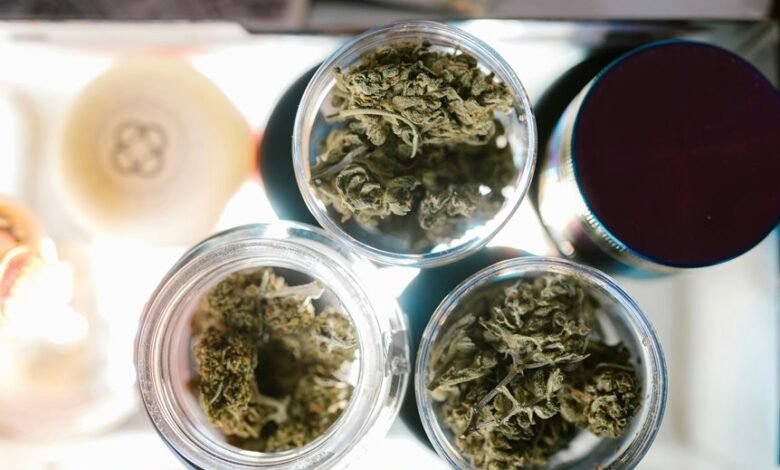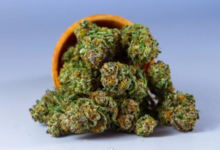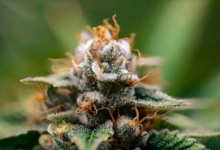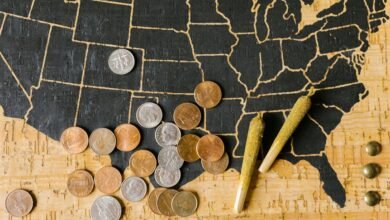Are Cbd Edibles Legal

The legal status of CBD edibles is complex and varies significantly across jurisdictions. At the federal level, CBD derived from hemp is permissible if it contains less than 0.3% THC. However, state laws introduce further complications, leading to a diverse regulatory landscape. Consumers must remain vigilant regarding local statutes and potential changes. This raises essential questions about compliance and risk, prompting a closer examination of the intricate legal framework surrounding CBD edibles.
Understanding CBD and Its Derivatives
Although the popularity of CBD (cannabidiol) has surged in recent years, understanding its nature and derivatives is essential for navigating its legal landscape.
The diverse CBD benefits, ranging from potential therapeutic effects to wellness enhancement, influence consumer interest.
Furthermore, various methods of CBD consumption, including oils, capsules, and edibles, present unique considerations for users seeking to explore its full potential legally and responsibly.
Federal Regulations Surrounding CBD Edibles
The legal status of CBD edibles in the United States is primarily governed by federal regulations, which can often be complex and nuanced.
Under federal guidelines, CBD derived from hemp is legal, provided it contains less than 0.3% THC.
However, hemp regulations restrict the inclusion of CBD in food and dietary supplements, creating a convoluted landscape for consumers and producers alike.
State-Specific Laws on CBD Edibles
While federal regulations provide a baseline for the legality of CBD edibles, state-specific laws introduce significant variations that can complicate compliance for manufacturers and consumers.
Each state has distinct regulations regarding the production, distribution, and sale of edible products, affecting everything from permissible THC levels to labeling requirements.
Understanding these state regulations is essential for anyone involved in the CBD edible market.
Navigating International CBD Edible Legislation
Navigating the landscape of CBD edibles on an international scale presents a complex array of legal challenges.
Cross border challenges arise due to differing national regulations and enforcement practices, complicating the movement of these products.
Additionally, international agreements often lack uniformity, creating further ambiguity.
For consumers and businesses alike, understanding these intricate laws is essential to ensure compliance and promote a sense of freedom in accessing CBD edibles.
Conclusion
In the labyrinth of CBD edibles legality, consumers find themselves navigating a bewildering maze of federal and state regulations that can change overnight, akin to walking through a minefield of legal uncertainties. While federally, CBD derived from hemp may glimmer with legitimacy, the state-specific laws cast shadows that could ensnare the unwary. Thus, vigilance is paramount; one misstep could lead to unintended legal consequences, underscoring the necessity of staying informed in this rapidly evolving landscape.






